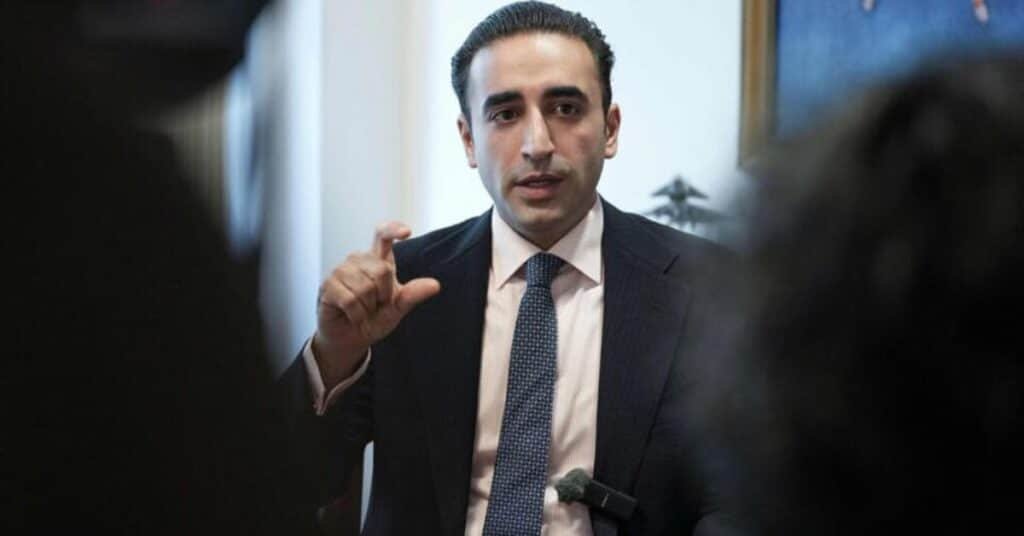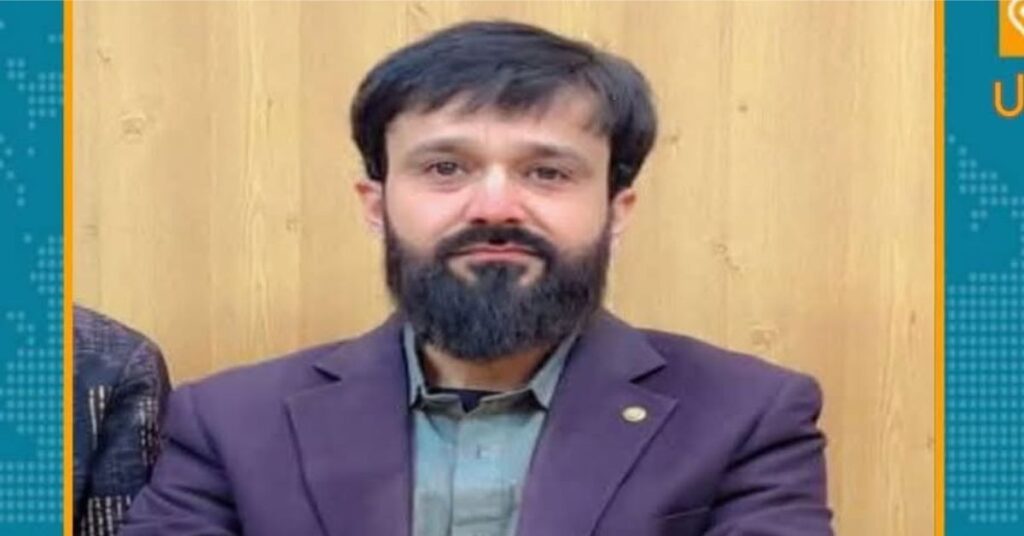ISLAMABAD (APP): The head of the Pakistan parliamentary delegation and former foreign minister Bilawal Bhutto Zardari called on the European Union (EU) to engage with India and press New Delhi for dialogue on the Kashmir dispute, emphasising that military confrontation is not a solution.
Speaking to the European think tanks and international media representatives in Brussels on Friday, Bilawal warned that India’s aggressive posture, including threats to revoke the Indus Water Treaty (IWT), could escalate tensions to dangerous levels.
“We are here to present Pakistan’s stance on recent tensions with India and expose New Delhi’s anti-Pakistan agenda,” he said.
He emphasized that the Jammu and Kashmir dispute must be resolved in line with United Nations Security Council resolutions.
Bilawal criticized India’s “new abnormal” policy of blaming Pakistan for any terrorist attack in India or Indian illegally occupied Jammu and Kashmir without evidence, leading to immediate threats of war.
He recalled that Pakistan had proposed an impartial international investigation into the recent Pahalgam incident, but India rejected the offer.
He condemned India’s suspension of the Indus Water Treaty, calling it a violation of international law and a “war crime” that threatens water access for 240 million Pakistanis. “If India weaponizes water, we may have no choice but to retaliate, risking a full-blown water war,” he warned.
Bilawal reiterated that Pakistan had shown restraint, offered dialogue, and adhered to international law, urging the same standards be applied in South Asia as in Europe. “If the world ignores this crisis, it could become a nuclear flashpoint,” he cautioned.
On the Pahalgam attack, Bilawal stated that India had failed to provide evidence linking Pakistan to the incident. “To this day, India hasn’t revealed the identities of the attackers or how they crossed the heavily militarized border,” he said, accusing India of violating Pakistan’s sovereignty with its recent airstrikes.
Bilawal urged Europe and the global community to intervene before tensions spiral out of control, warning that inaction could lead to another war between the nuclear-armed neighbors.
Taking part in the briefing, Pakistan Climate Change Minister Dr Musadik Malik said India jeopardizing international water agreements by threatening to revoke the IWT.
India’s unilateral cancellation of IWT, set a dangerous precedent, undermining all water treaties worldwide, Malik said.
He warned that if India blocks Pakistan’s water share, no nation could trust future water-sharing agreements.
The minister criticized India’s approach, stating, “India is not just mocking Pakistan but the entire world. No country will be able to rely on water treaties if this violation goes unchecked.”
Malik urged the international community to take immediate notice of India’s actions, warning that disregarding the IWT could lead to broader instability in transboundary water management.
Meanwhile, Senator Sherry Rehman calling the Indus “the lifeline of Pakistan,” emphasized that it is the only major river basin sustaining the country’s agriculture and supplying water to nearly all population centers.
She noted that Pakistan shares this essential water source with India, a larger upper riparian state, under the framework of the Indus Waters Treaty—an agreement that has endured for decades but now faces rising strain due to escalating water-related challenges.
“Pakistan is already facing severe water stress in many regions,” Rehman said, warning that some provinces are grappling with acute scarcity that directly impacts crop production and livelihoods.
She pointed to India’s unilateral water diversions and illegal upstream infrastructure as serious concerns, stating that such actions significantly reduce the river’s downstream flow.
“This not only jeopardizes irrigation but also disrupts the river’s natural flow into the sea,” she added.
“When that flow is blocked, it leads to waterlogging and ultimately renders fertile land infertile land we can no longer sow.”
Rehman underscored the growing risk of water becoming a regional flashpoint, cautioning against politicizing the issue.




